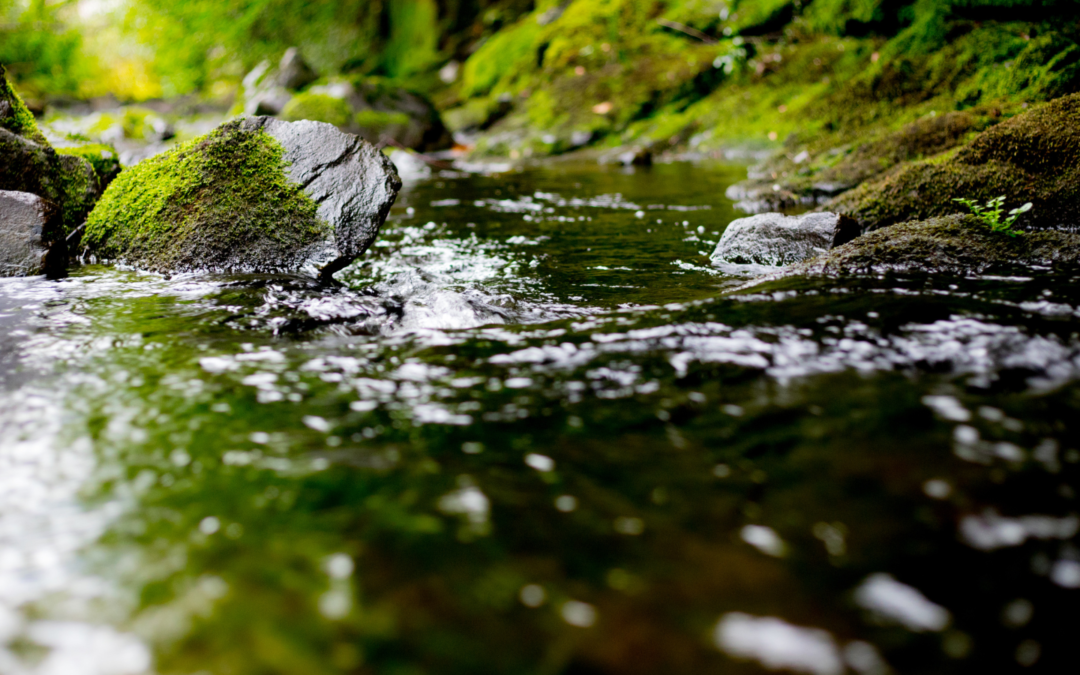TODAY saw Dairy Crest (now Saputo) receive a £1.5m fine for polluting the River Inny. For those that live by, play in, monitor and/or protect the River Inny, this has been a long time coming, but is also the start of a movement that will not be going away anytime soon.
The Westcountry Rivers Trust started almost 30 years ago and back then few people, bar the then National Rivers Authority and the anglers, were aware of the widespread state of pollution on our rivers.
For a long time, it has paid to pollute as no one was watching. Over more recent years, a drop in Environment Agency (EA) funding has meant pollution events from industry and agriculture have gone unnoticed. Fast-forward 30 years and the situation is very different. Whilst the EA is still under-resourced, the number of eyes and ears on our rivers have increased. We have over 200 Citizen Scientists taking more than 2000 samples a year and anglers that are equipped with more and more sophisticated methods to assess the risk of pollution.
This allows the EA to target their resources to gather more robust and legally compelling cases and this is what lead to the largest prosecution fine in the South West.
I am not naïve enough to think this won’t be the last case, but I think the message is starting to get out there that pollution does not pay and society is watching. There is still a massive issue in the criminal justice system, where sentencing only reflects the ability to pay and that this funding goes to the Treasury, but we are seeing civil cases being brought to the court by land and river owners following successful criminal cases, to reflect the real cost to the river both in terms of fisheries damage as well as wider ecological degradation.
I for one welcome this uplift in visibility and whilst it might be painful for those that have systems and processes that are inadequate, it will mean that everyone must up their game and our rivers, lives and society will be better for it.
Therefore, Westcountry Rivers Trust fully supports communities to understand their local rivers through our Citizen Science Investigation programme, as well as supporting the Environment Agency to ensure businesses understand where their systems are failing so they can hold organisations to account.
It will only be through a consistent, methodical and transparent approach that our rivers will recover and the habitats and species are brought back to life.
By Dr Laurence Couldrick,
CEO Westcountry Rivers Trust


Congratulations on this result